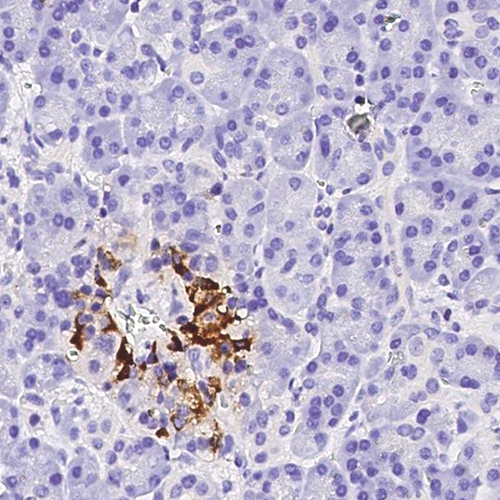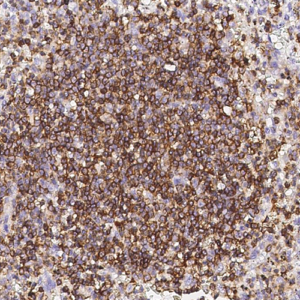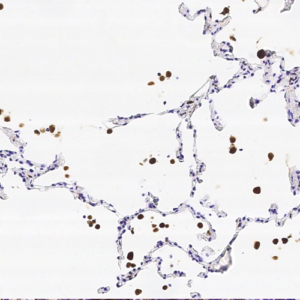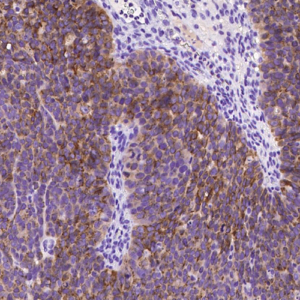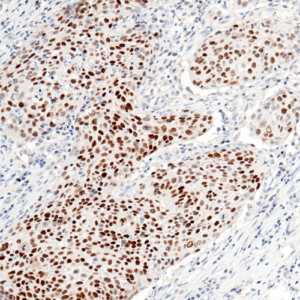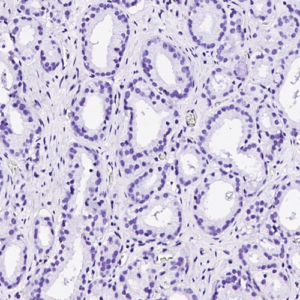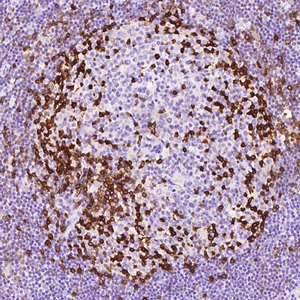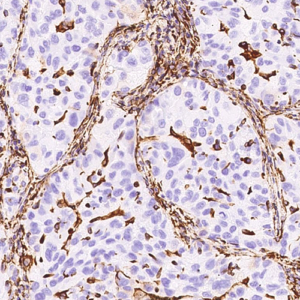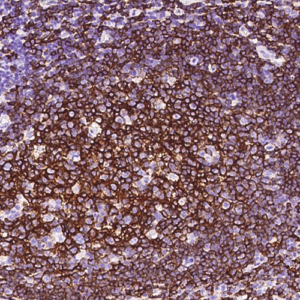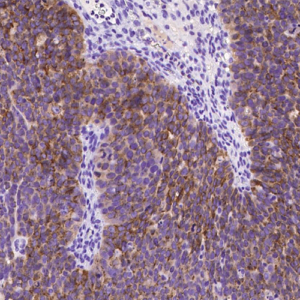The acidic glycoprotein chromogranin A (CHGA) is co-stored/co-secreted with catecholamines and crucial for secretory vesicle biogenesis in neuronal/neuroendocrine cells. CHGA is dysregulated in several cardiovascular diseases, but the underlying mechanisms are not well established. The CHGA promoter haplotype 2 (occurring in a large proportion of the world population) in enhancing CHGA expression in haplotype 2 carriers who may be at higher risk for cardiovascular/metabolic disorders. Chromogranin A (CHGA) plays a fundamental role in the biogenesis of catecholamine secretory granules. Changes in storage and release of CHGA in clinical and experimental hypertension prompted us to study whether genetic variation at the CHGA locus might contribute to alterations in autonomic function, and hence hypertension and its target organ consequences such as hypertensive renal disease (nephrosclerosis). Chromogranin A (CHGA) plays a catalytic role in formation of catecholamine storage vesicles and also serves as precursor to the peptide fragment catestatin, a catecholamine secretory inhibitor whose expression is diminished in the hypertensive individuals. The chromogranin/secretogranin proteins are costored and coreleased with catecholamines from secretory vesicles in chromaffin cells and noradrenergic neurons. Chromogranin A (CHGA) regulates catecholamine storage and release through intracellular (vesiculogenic) and extracellular (catecholamine release-inhibitory) mechanisms. CHGA is a candidate gene for autonomic dysfunction syndromes, including intermediate phenotypes that contribute to human hypertension.
SKU: KPIH1080
Chromogranin A
| Pack Size | 100 ul |
|---|---|
| Source | Mouse |
| Clone | 2 |
| Class | IgG |
| Isotype | IgG1 |
| Tested Reactivity | Human Chromogranin |
| Localization | Cytoplasm |
| Pretreatment | Thermal Remediation |
| Applicable Tissue | Paraffin Section |
| Positive Control | Human pancreas |
| Storage Temperature | Store at -20 Degrees |

